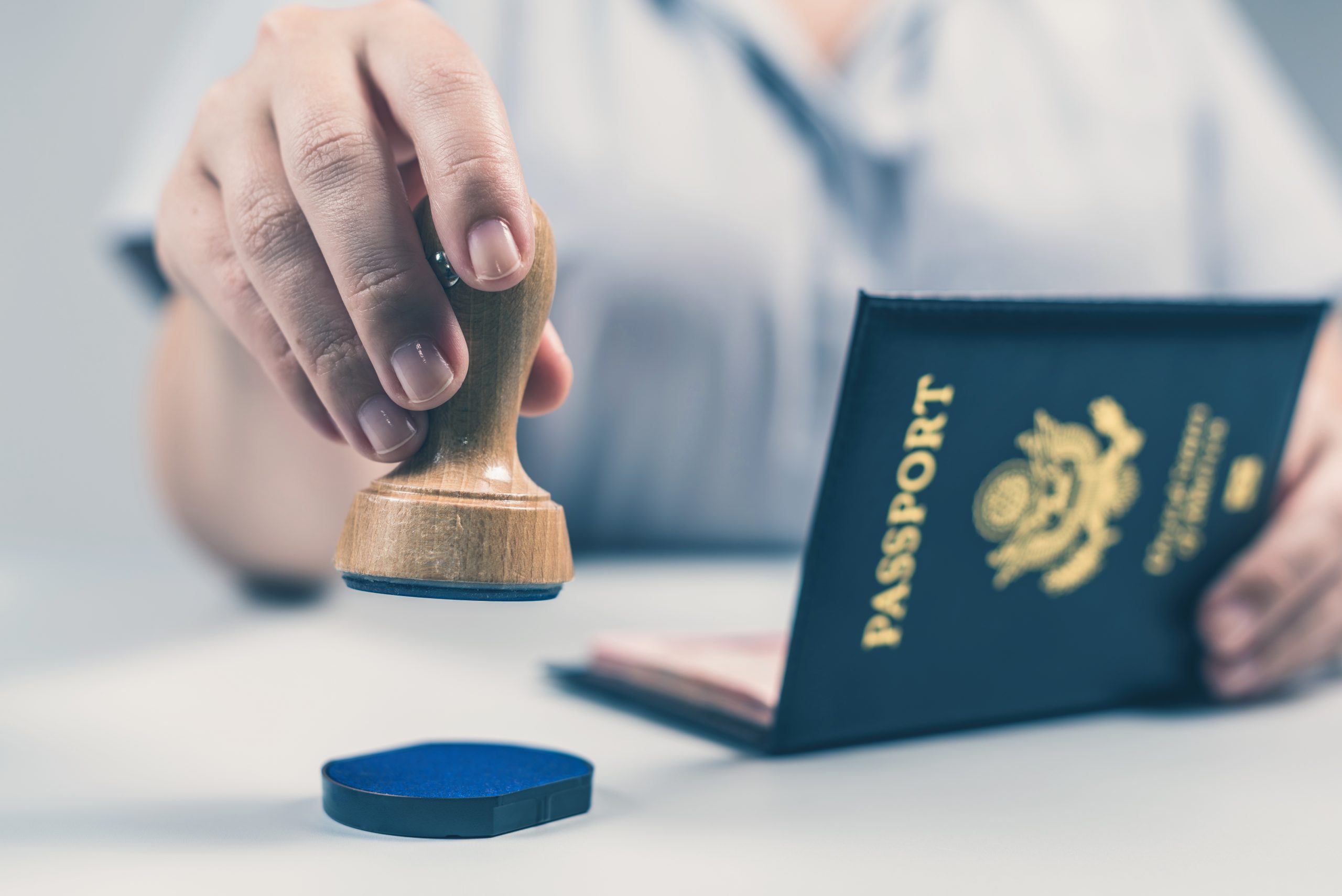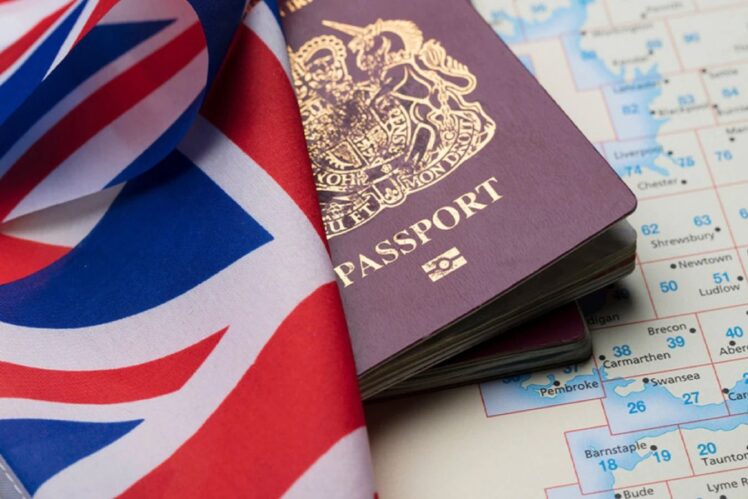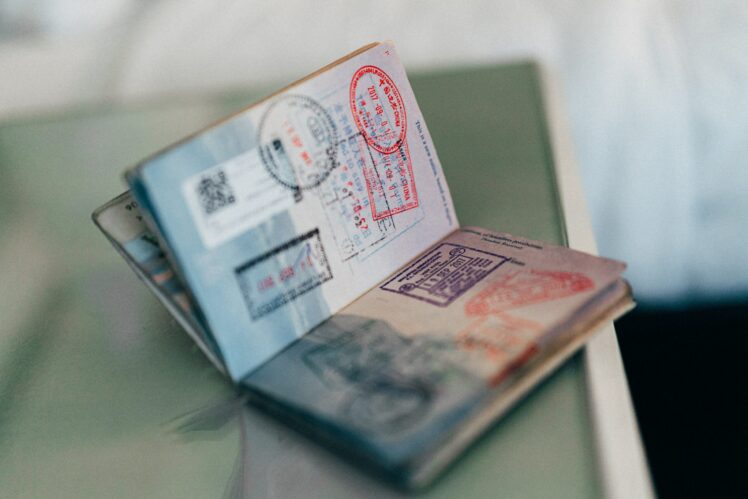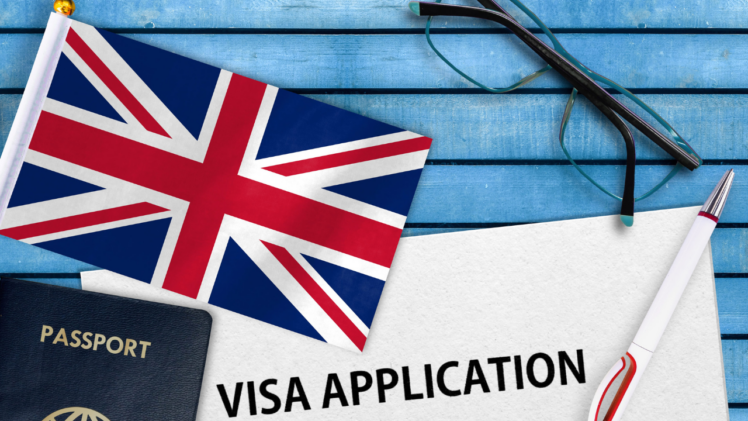Is it Possible to Challenge a UK Visitor Visa Rejection

A UK Visitor Visa enables people to visit the UK for different reasons such as tourism, visiting relatives or friends attending business gatherings or seeking medical care. Applicants must provide proof to demonstrate their qualification for the Visitor Visa. Not meeting these criteria could lead to rejection, by an entry clearance officer.
Causes of UK Visitor Visa Denials
UK Visitor Visa applications can be rejected for reasons. Here are some common ones;
- Lack of Evidence: Not providing enough documents to support the application like proof of financial stability, accommodation details and return travel arrangements.
- Past Immigration Issues: instances of overstaying or breaking immigration laws leading to a ban on re entry.
- Weak Connections to Home Country: ties to their home country, such as unstable job situations few family responsibilities or no property ownership, which may raise doubts about their intention to go back after visiting the UK.
- Criminal Background: Having a record or concerns about the applicants character.
- Ambiguous Purpose of Visit: If the reason for the visit is unclear. There are doubts, about whether the applicant plans to return home afterward.
Is It Possible to Challenge a UK Visitor Visa Rejection?

Source: travnook.com
It is absolutely feasible to contest a rejection of a UK Visitor Visa. You have three options at your disposal; submitting an application appealing to the First tier Tribunal or pursuing a judicial review. Each route has its advantages and drawbacks and the best decision hinges, on the circumstances you are facing.
What to Do in Case of UK Visitor Visa Refusal?

Source: imperiumchambers.co.uk
If your UK Visitor Visa application is rejected you can consider submitting an application that addresses the concerns raised in the initial refusal. Another option is to explore the chance of challenging the decision to reverse the rejection. Keep in mind that appealing may not be an option unless there are valid reasons to do so. Its recommended to seek advice to determine if you qualify for an UK visa appeal.
Initiating a Judicial Review Application
In certain instances, challenging a decision can be pursued through a Judicial Review application. This legal recourse involves presenting a case to the Upper Tribunal or High Court to scrutinize the decision-making procedures of the Home Office.
To pursue a Judicial Review certain circumstances must be met, like when a decision violates the law or includes biases. Due to the complexities and potential expenses involved in this undertaking it is crucial to engage advice and representation, for a favorable Judicial Review application.
Basis for Judicial Review

Source: linkedin.com
Below are the primary grounds that warrant the possibility of a Judicial Review:
- Illegality: This occurs when there is a legal error in the decision-making process.
- Acting without reasoning or evidence to support decisions.
- Conducting decision making processes that’re flawed, biased and lack transparency or fairness.
- Evaluating if the decision aligns, with human rights laws. Is reasonable according to the Human Rights Act of 1998.
When contesting a denial of a Visitor Visa through a review your first task is to collect all relevant evidence that backs up your argument. Afterward, your team of lawyers will communicate with UK Visas and Immigration (UKVI) by sending them a legal letter known as the Pre Action Protocol letter.
This stage allows you to present your case to UKVI and discuss the option of coming to an agreement. Within a 14-day window from receiving the letter, UKVI will respond to the ‘Letter Before Claim’. Depending on their response, they may agree to reassess your Visitor Visa application or maintain the refusal decision, prompting you to proceed with the review process.
Should UKVI opt to uphold the refusal decision or fail to respond to the Pre-Action Protocol, you can commence Judicial Review proceedings. The Government Legal Department will act as the representative for UKVI and submit its response during the Acknowledgement of Service stage. If the decision remains unchanged, a judge from the Upper Tribunal will adjudicate the case.
Swift action is crucial in Judicial Review matters, as any challenge must be lodged promptly, typically within three months of the refusal decision.





